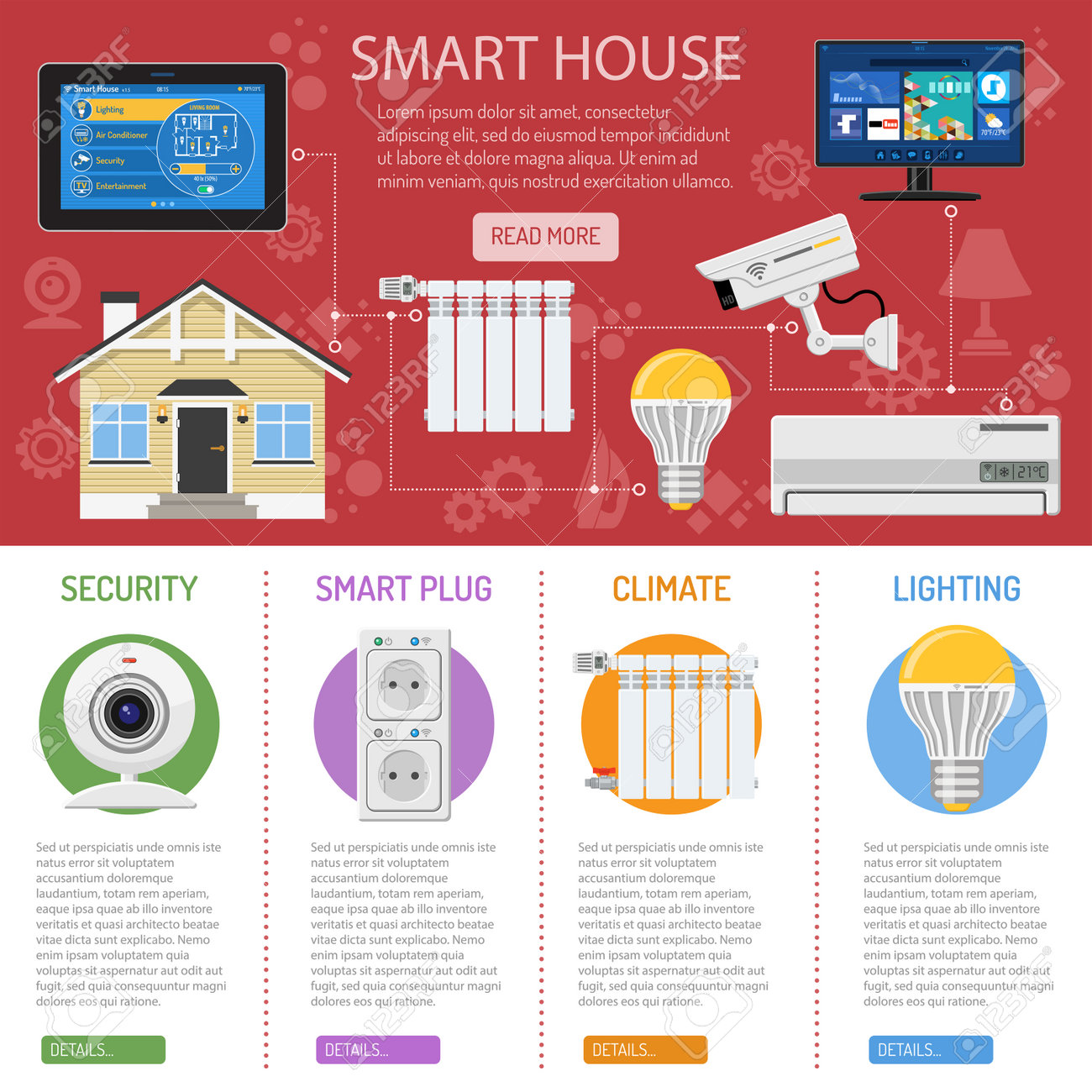Heat Pump Vs Heating System - Which Is The Better Heating Choice For Your Home?
Heat Pump Vs Heating System - Which Is The Better Heating Choice For Your Home?
Blog Article
Published By-Midtgaard Sims
Many house owners are familiar with furnaces, which warmth homes with oil or gas and push hot air via ductwork. They are relatively economical and can provide dependable home heating also throughout a wintertime power blackout.
Nonetheless, they make use of fossil fuels and produce carbon monoxide and other air pollution. They additionally aren't as energy-efficient as a high-efficiency heat pump.
Cost
Typically, heatpump are more economical to operate than heaters. They typically make use of electrical energy and refrigerant to extract heat from outside air, and afterwards transfer it right into your home. You can make the most of less expensive electrical power prices during off-peak hours to better reduce your home heating costs.
Unlike heat pumps, gas or wood-burning furnaces use combustion to produce heat, releasing flue gases right into the atmosphere that can be hazardous to your health. These heaters are also much less energy-efficient than heat pumps, and their greater operating costs can build up over time.
Furnaces are more difficult than heatpump and call for normal upkeep to ensure the proper function of all components. Despite this, they often tend to last longer than heatpump with a normal lifespan of twenty years or even more. However, you'll require to consider the price of gas, fuel oil or wood and the extra devices required for setup and procedure such as air ducts and air flow systems.
Power Performance
Heat pumps have a higher power effectiveness ranking than furnaces. These systems utilize electrical energy to scavenge warmth from the air, also in freezing temperatures. They can also remove excess warmth from the home during warmer months and reuse it to cool the system. Provider specialists can aid you determine the most effective model for your online on environment and source power costs.
Heating systems burn fuel oil, gas, natural gas or other kinds of nonrenewable fuel source to warm the air in the home. This air is then dispersed with ductwork utilizing a big follower. Heaters produce greenhouse gases and need routine upkeep and equipment upgrades to guarantee risk-free operation.
The most significant advantage of a heater is that it can be operated even in extreme winter conditions since it does not rely upon exterior temperatures to heat the air. Heating Suggested Browsing have a longer life expectancy than heat pumps and typically last 15 years. Get More Information can likewise be paired with dual fuel alternatives, which pick one of the most efficient home heating choice based on the weather condition.
Climate
Heat pumps function well in modest environments and utilize much less source energy than heaters. However, if your area is exceptionally cold, you may require to invest in a basic gas heating system rather.
Heating systems offer cozy, cozy heat and normally offer fast heating to raise interior temperature levels. These systems can be made use of with a variety of fuel kinds, consisting of natural gas, gas, oil or power.
They eat much more power than heatpump-- approximately 3x as much-- and require ductwork that's expensive to mount or retrofit. They're additionally extra expensive to maintain, as they can trigger air quality problems and generate greenhouse gas exhausts.
If you're committed to decreasing your carbon footprint, a heat pump is a great choice for your home. They have less greenhouse gas emissions than heaters, specifically if you select a power CELEBRITY ® heatpump. Your local Service provider professional can discuss the differences in between these 2 furnace and assist you make the most effective decision for your special needs.
Individual Preferences
Furnaces can be extremely energy reliable when powered by natural gas, propane or oil, yet they aren't as energy efficient as heat pumps in cold climates. They can additionally be extra costly to set up, requiring gas lines and ventilation systems.
However, furnaces tend to require less maintenance, which can cause lower continuous prices. They produce less greenhouse gases and are extra trustworthy than heat pumps throughout extreme weather condition.
Electric heatpump are more functional in producing indoor comfort since they can likewise work as air conditioning unit throughout warmer months. They can be easier to keep, requiring only regular air filter adjustments and periodic vacuuming.
If you prefer the comfort of a solitary system that does it all, consider a crossbreed home heating remedy that sets a furnace with an electric heatpump. These systems can automatically switch over in between the two home heating choices based upon your home's demands and temperature level conditions, taking full advantage of effectiveness and financial savings.